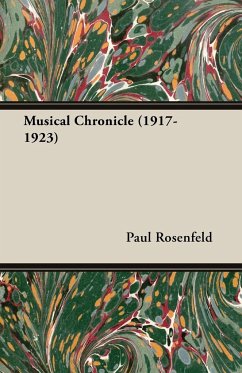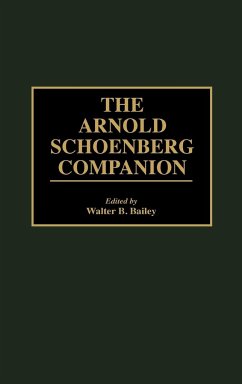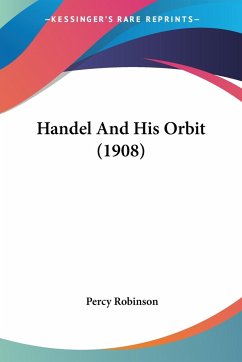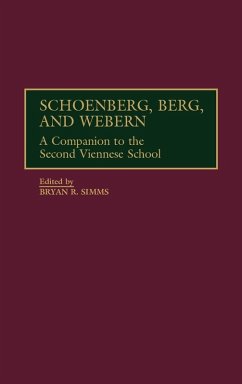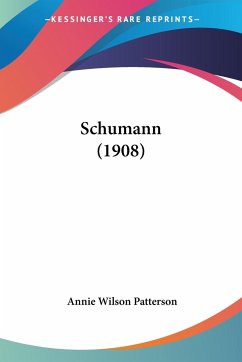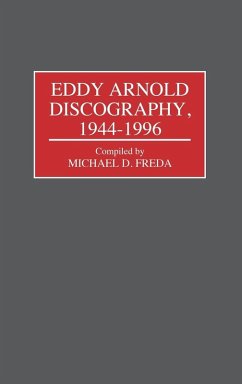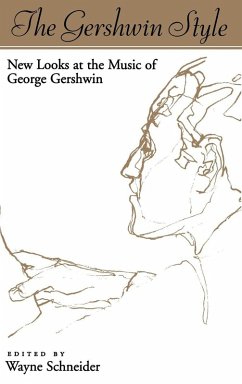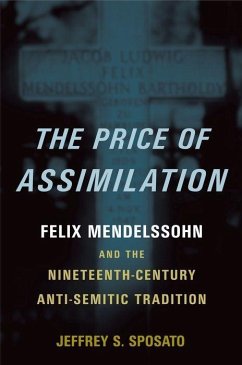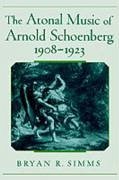
The Atonal Music of Arnold Schoenberg, 1908-1923

PAYBACK Punkte
93 °P sammeln!
In the years from 1908 to 1923, Arnold Schoenberg developed a compositional strategy that moved beyond the accepted concepts and practices of Western tonality. Pieces from this period, such as Pierrot Lunaire and Erwartung, remain masterpieces of the modern repertoire. The lasting importance of Schoenberg's atonal music is reflected in the very large but fragmented critical and analytical literature that surrounds it. In this book, the author synthesizes and advances the state of knowledge about this body of work, building up a comprehensive description from close analytical study.
Between 1908 and 1923, Arnold Schoenberg began writing music that went against many of the accepted concepts and practices of this art. Largely following his intuition during these years, he composed some of the masterpieces of the modern repertoire--including Pierrot lunaire and Erwartung--works that have since provoked a large, though fragmented, body of critical and analytical writing. In this book, Bryan Simms combines a historical study with a close analytical reading of the music to give us a new and richer understanding of Schoenberg's seminal work during this period.





